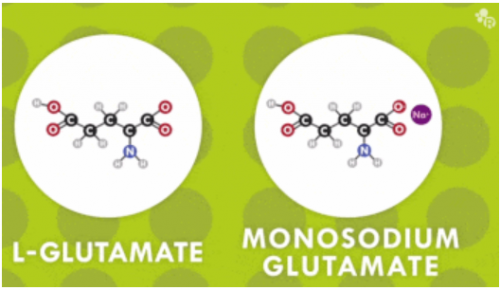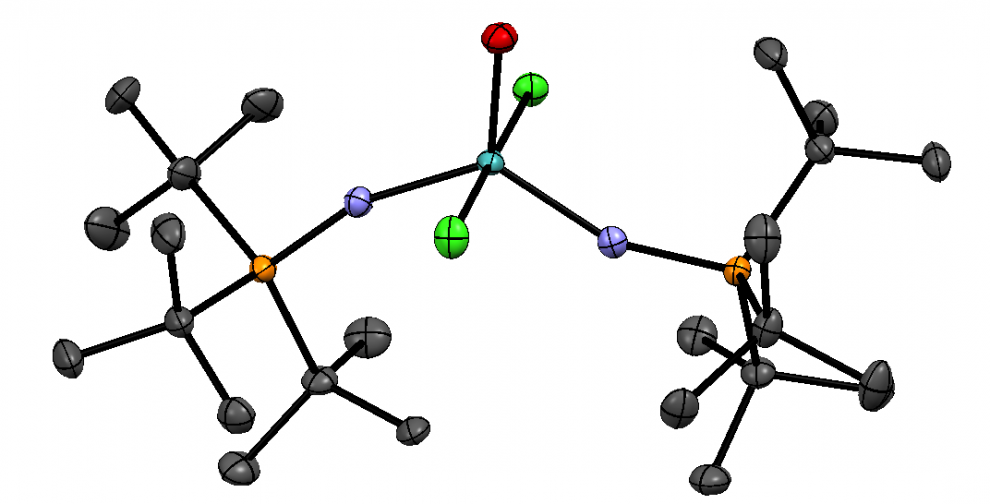Most of us have probably come across the term MSG while eating at a restaurant or when using canned food, but what is it, and how harmful can it be?
Monosodium glutamate (MSG) is a crystalline powder that is widely used in the food industry as a flavour enhancer that intensifies the meaty/savoury flavour found in certain food items. It was discovered in 1908 by the Japanese chemistry professor Kikunae Ikeda, where he extracted MSG from seaweed. MSG is the sodium salt of glutamic acid (also known as glutamate), a non-essential amino acid that can be found in our bodies.

Photo source: BUSINESSINSIDER
MSG can either be synthesized or found in certain foods. These foods contain different amounts of glutamate. For example, Parmesan cheese, soy sauce, and fish sauce all contain more than 1000mg/100g of that food item. If you’ve ever wondered why these food items are so mouthwatering, this may be why!
Unfortunately, MSG is suspected of causing certain symptoms such as, headaches, heart palpitations, chest pain, nausea, and others. The substance first got its bad reputation when Robert Ho Man Kwok experienced abnormal heart rates, weakness, and numbness after eating excessive amounts of Chinese food. His colleague later decided that MSG was the cause of these symptoms without any scientific evidence. Further studies have since been done, for example, Ohguro et al. have done tests on rats before, the results showed damaged retina when 10 grams of sodium glutamate was added to a 100 gram diet. However, a simple search on the safety of ingesting MSG will result in find articles that state that there is no link between MSG and health hazards. Hence, the potential risks associated with MSG remain controversial. For now, MSG has been classified by the food and drug administration (FDA) as “generally recognized as safe.” This said, the FDA still requires manufacturers to label any food items that contain MSG.
To conclude, further studies need to be conducted to conclude whether MSG is a potential risk to one’s health. Although it may seem that there is a certain “catch” to flavour enhancers, our bodies can’t actually distinguish between naturally occurring glutamate and glutamate from MSG. As a matter of fact, today’s technology can’t differentiate between the two either. That being said, it is not a challenge to avoid food containing MSG for those that are concerned.
For more information on MSG, consider the following video:
Produced by the American Chemical Society
-Isabelle Lee
References
- Center for Food Safety and Applied Nutrition. Food Additives & Ingredients – Questions and Answers on Monosodium glutamate (MSG). .https://www.fda.gov/food/ingredientspackaginglabeling/foodadditivesingredients/ucm328728.htm (accessed Jan 27, 2019).
- Katherine Zeratsky, R. D. How does your body react to MSG? https://www.mayoclinic.org/healthy-lifestyle/nutrition-and-healthy-eating/expert-answers/monosodium-glutamate/faq-20058196 (accessed Jan 27, 2019).
- Bright Tribe, I. Glutamate in Food – The Glutamate Association https://msgfacts.com/glutamate-in-food/ (accessed Jan 27, 2019).
- The Truth in Labeling Campaign is all about knowledge. https://www.truthinlabeling.org/ (accessed Feb 14, 2019).

